Microbiome Sequencing Services Size
Microbiome Sequencing Services Market Growth Projections and Opportunities
Microbiome sequencing is driven by growing interest in and research of the human microbiome. Scientists require microbiome sequencing services to understand its function in health and sickness. These services examine microbial collectives. The microbiome sequencing services industry was made possible by fast sequencing technology. Next-generation sequencing (NGS) technologies and other high-throughput methods are thorough and don't cost much for a deeper look at the microbiome. There is a lot of demand for microbiome analysis services because of diseases like gastric, immune, and metabolic problems that are linked to microbiomes. Scientists and doctors are looking into the microbe changes that cause these diseases in order to make more effective medicines. The microbiome sequencing services industry is driven by personalized treatment and learning more about how the microbiota affects health. To make meds that work with each person's microbiome makeup, sequencing services are needed. Researchers from universities, drug companies, and genome service providers work together to make microbiome study more innovative. Partnerships make it easier to set up data tools, genome services, and ways to use study results, which is good for business. For microbiome sequencing services to work, bioinformatics and data analysis are necessary. As the amount of genetic data increases, scientists and doctors need better ways to look at large, difficult microbiome collections and learn useful things. Government grants and microbiome study efforts make microbiome sequencing programs better. Research funding, attempts to raise money, and help from regulators all encourage microbial research and products. Microbiome sequencing services are driven by what people know and are interested in about their microbiome health. People want direct-to-consumer microbiome sequencing services because they want to know their microbes in order to get personalized advice on diet and health. Microbiome sequencing is being used in environmental and farming studies, which is making the industry more diverse. Researchers in the field of agriculture study the microbiome of dirt and plants, which expands the market. Environmental studies look at microbe groups in different environments. The market is affected by the rules and ethics of microbial study. Ethical and legal standards must be followed for microbiome sequencing data to be used in an ethical way, which builds trust among stakeholders. The need for microbiome analysis is growing because of drug tolerance and cases of infectious diseases. Understanding how bacteria communities change in public health situations helps people come up with solutions that work for the market.
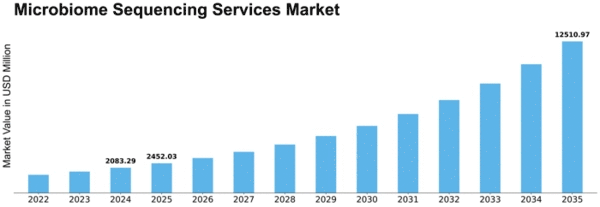


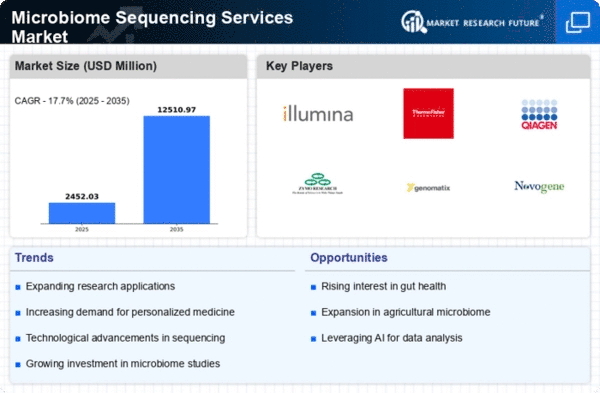
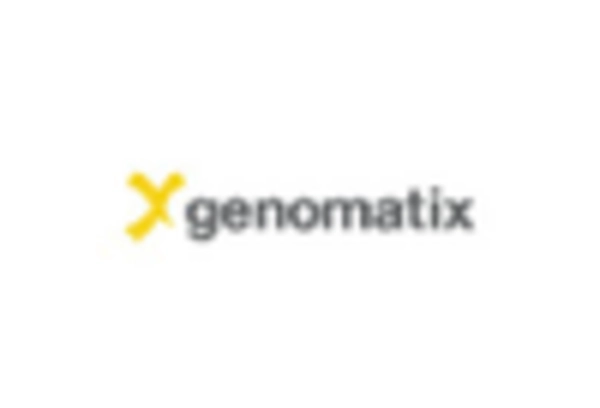

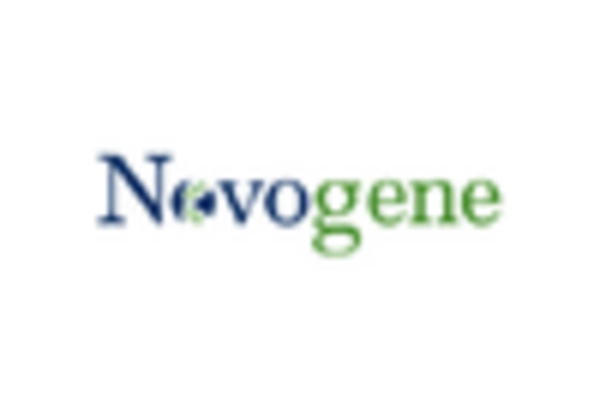


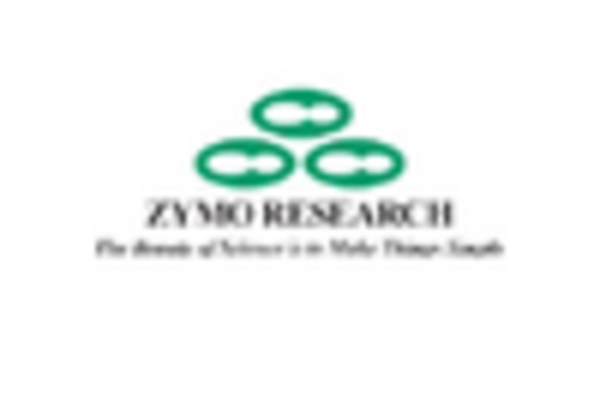









Leave a Comment